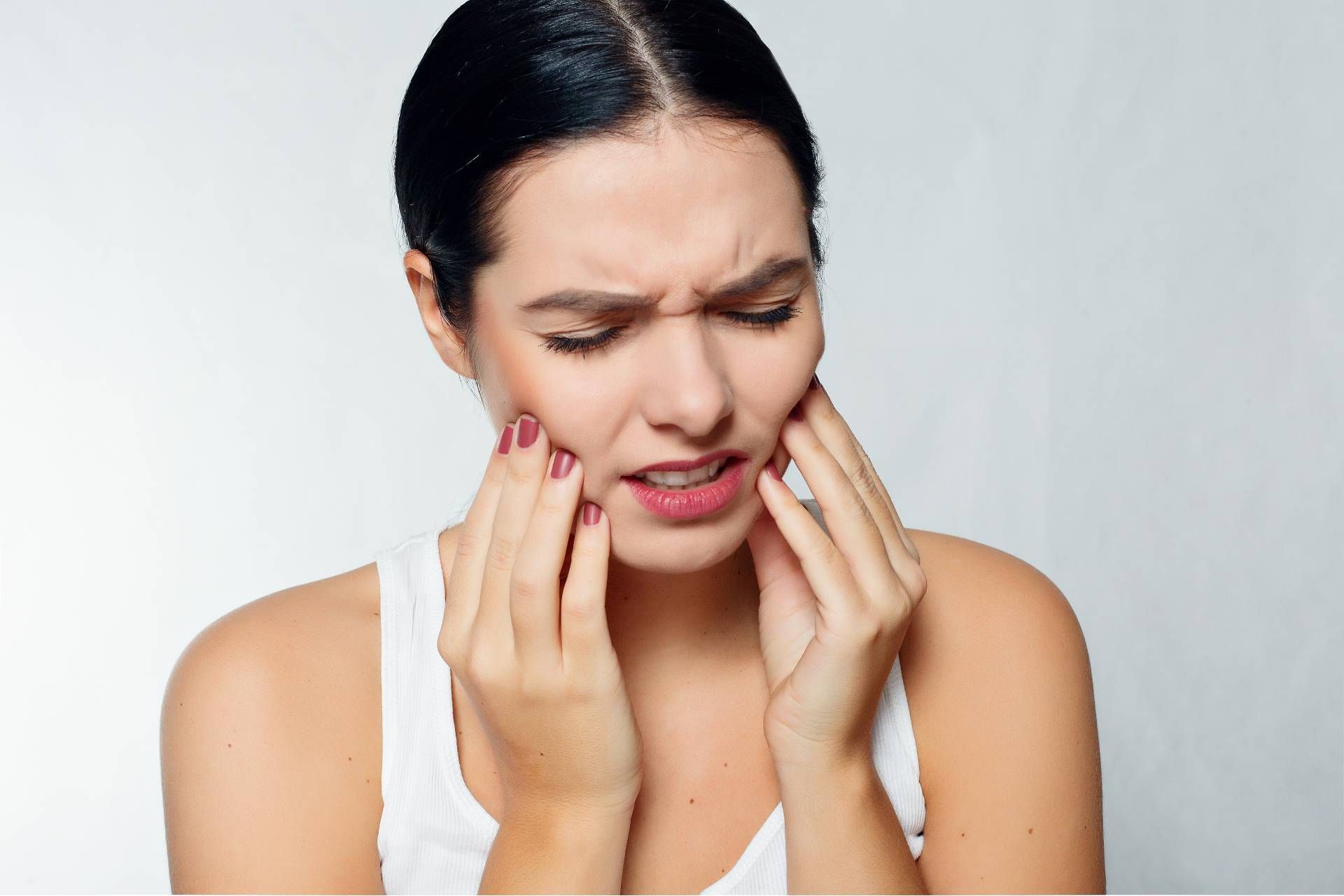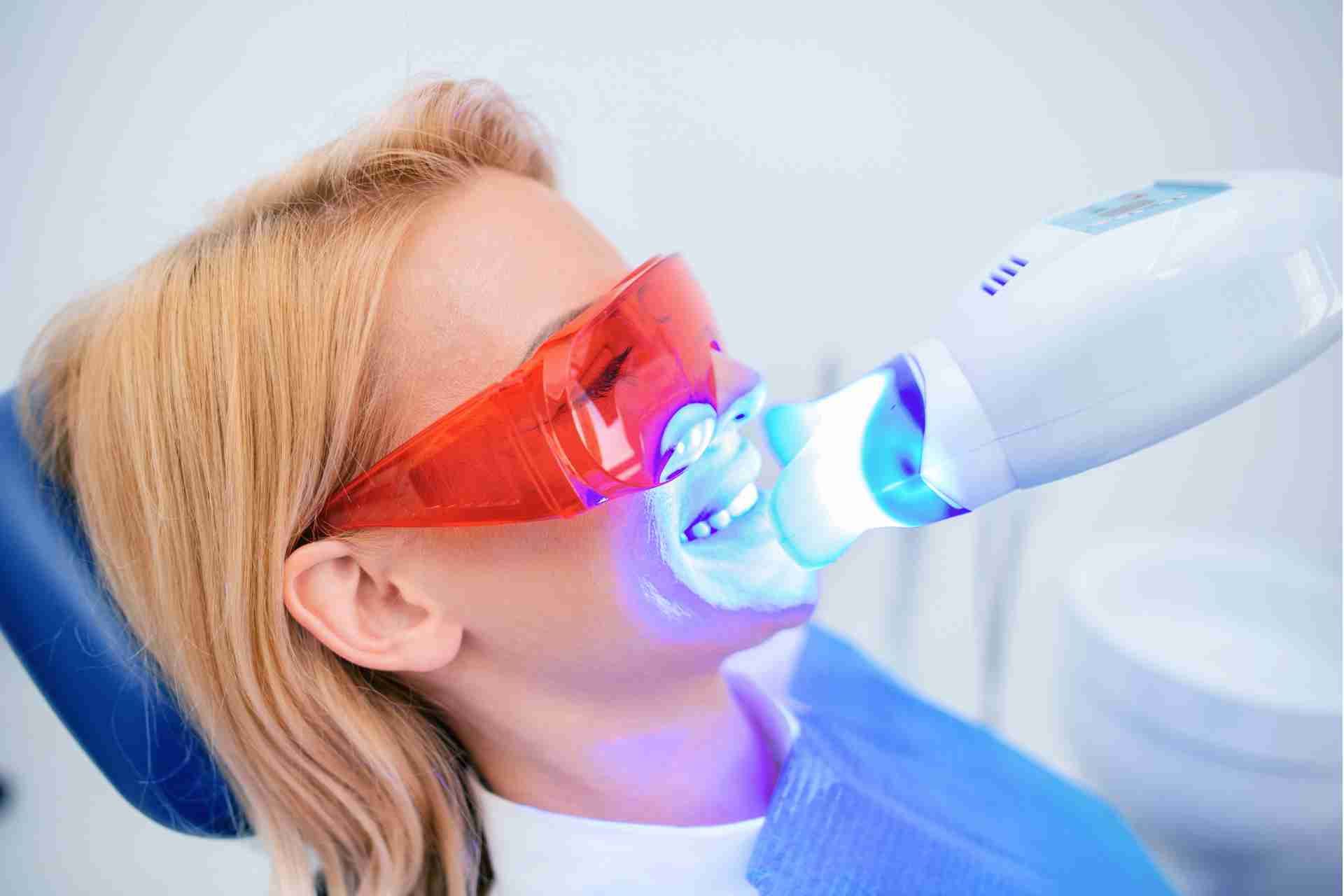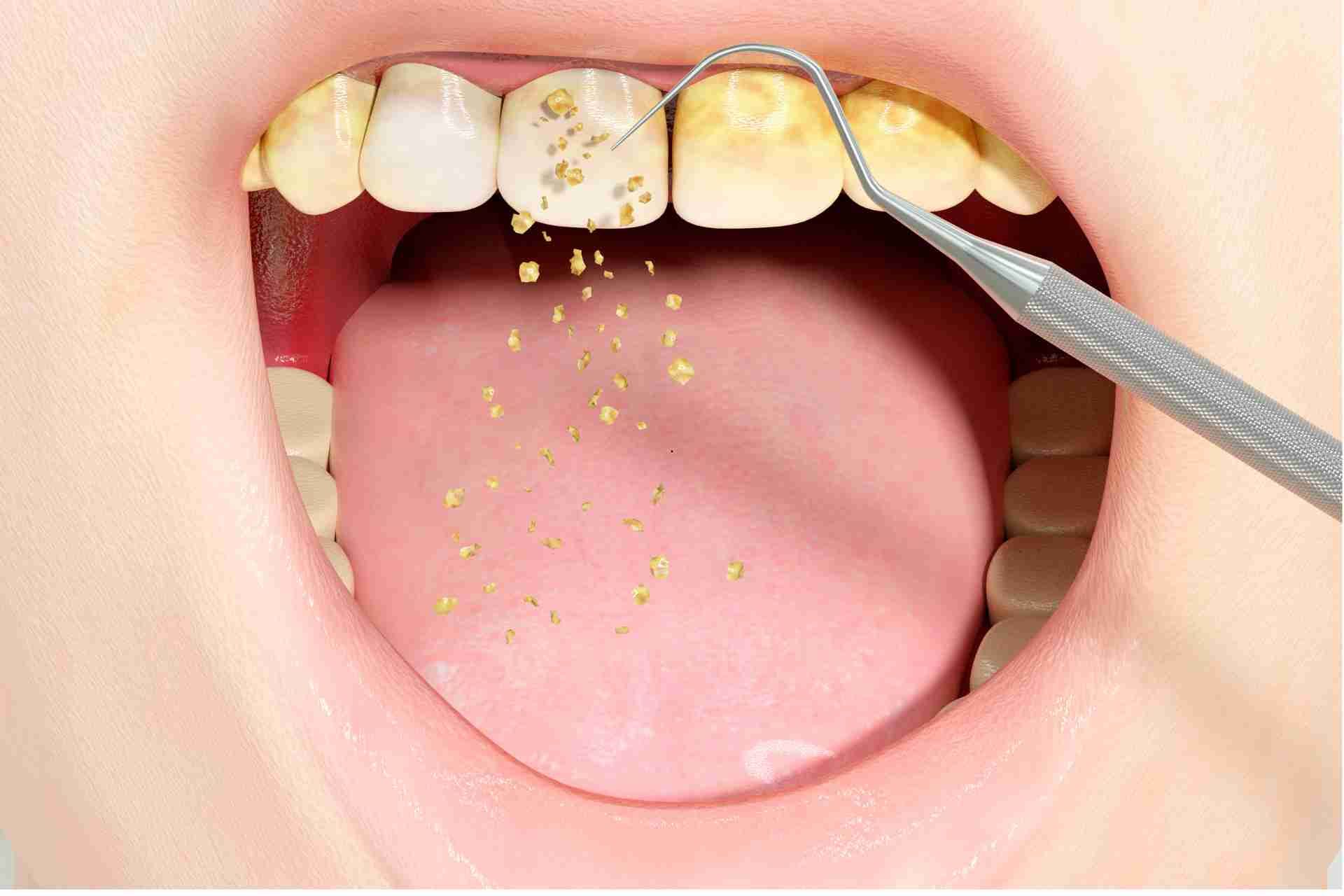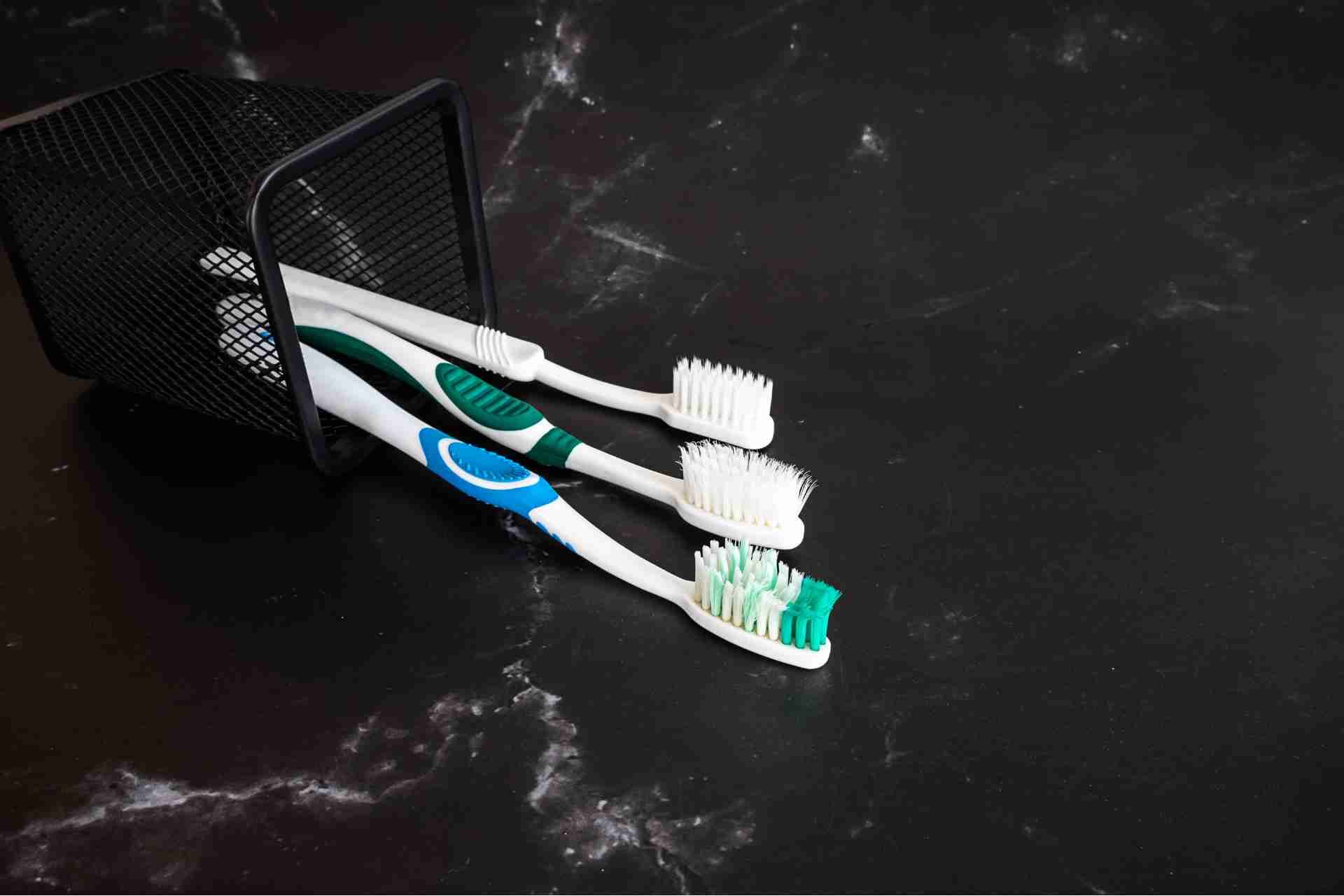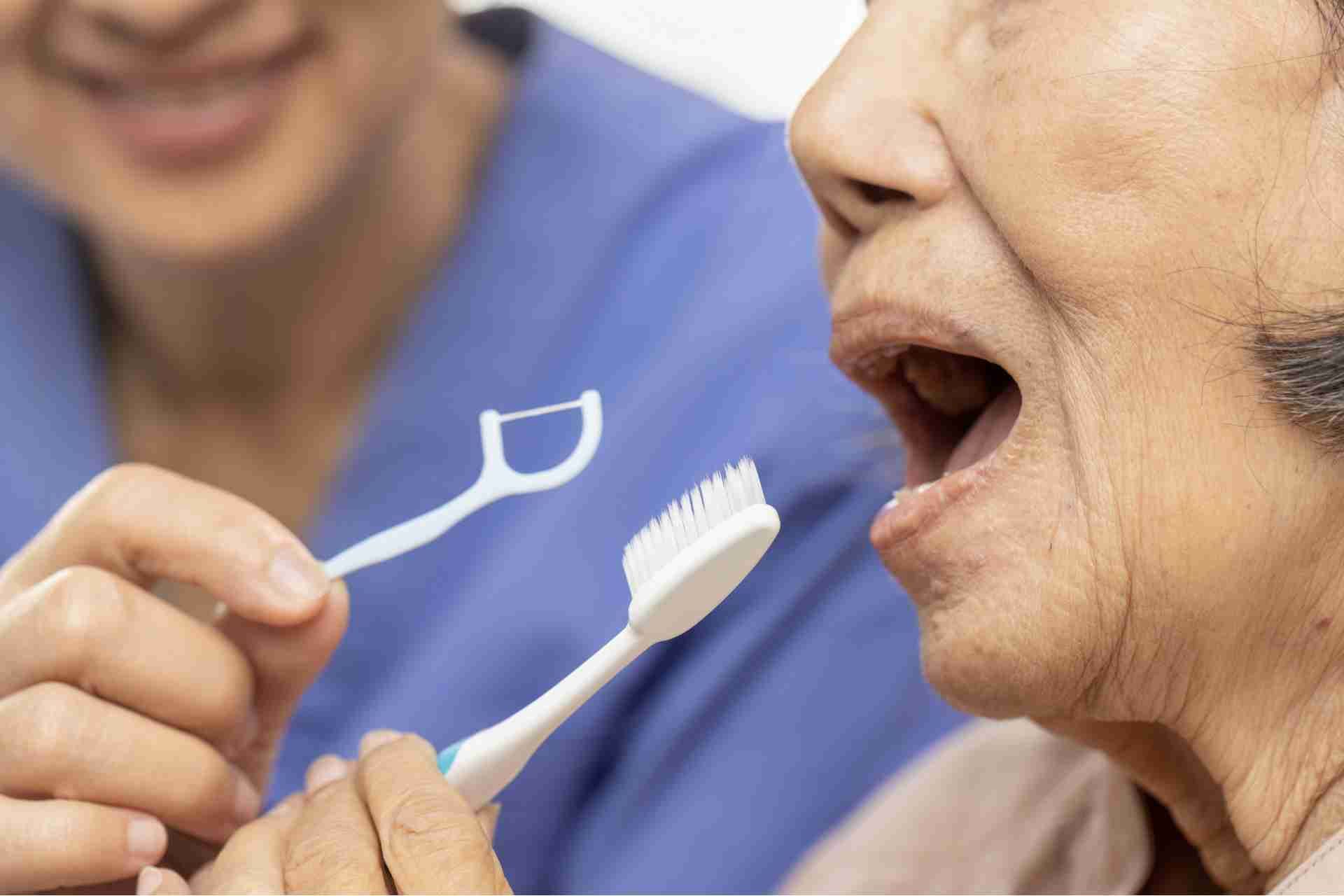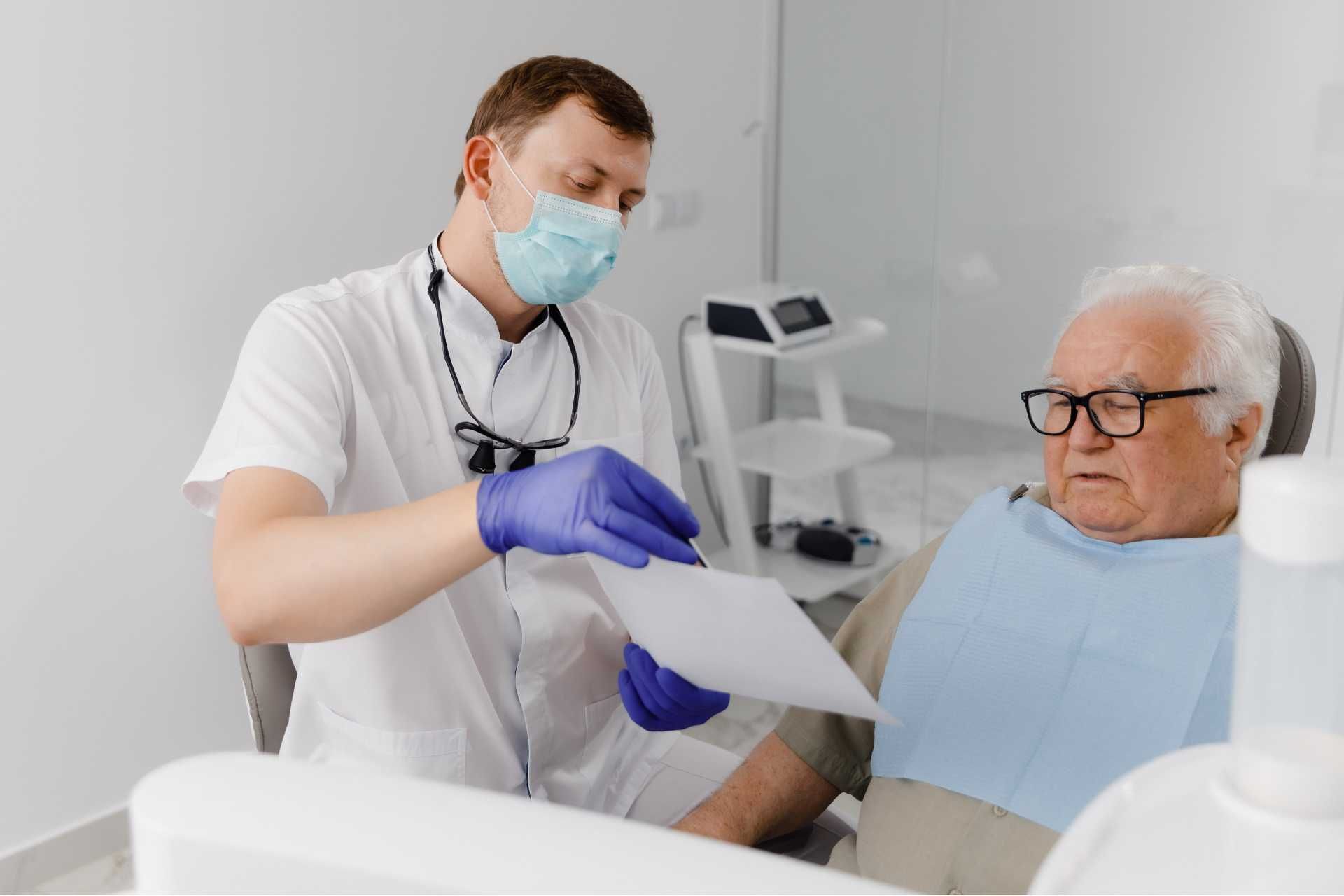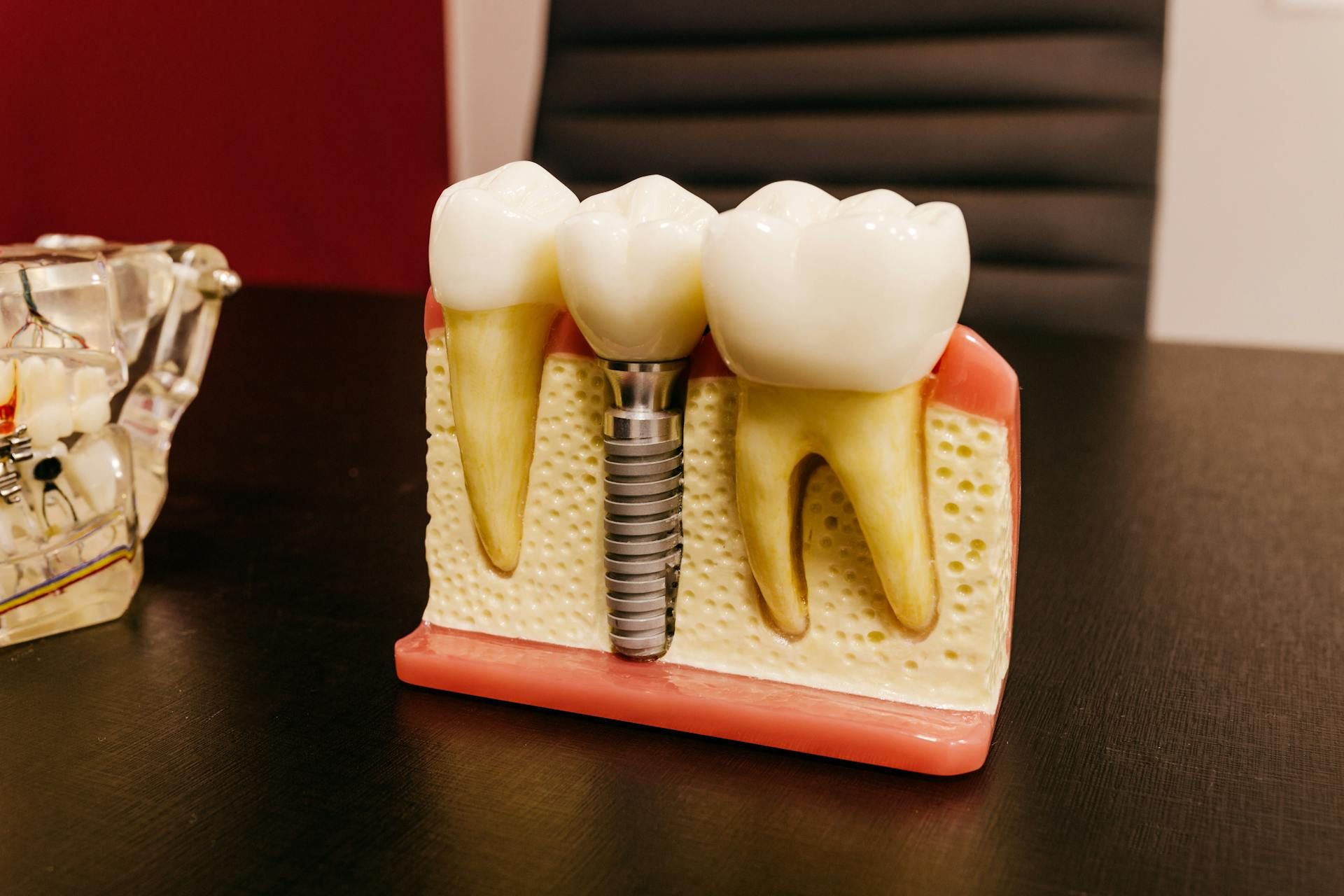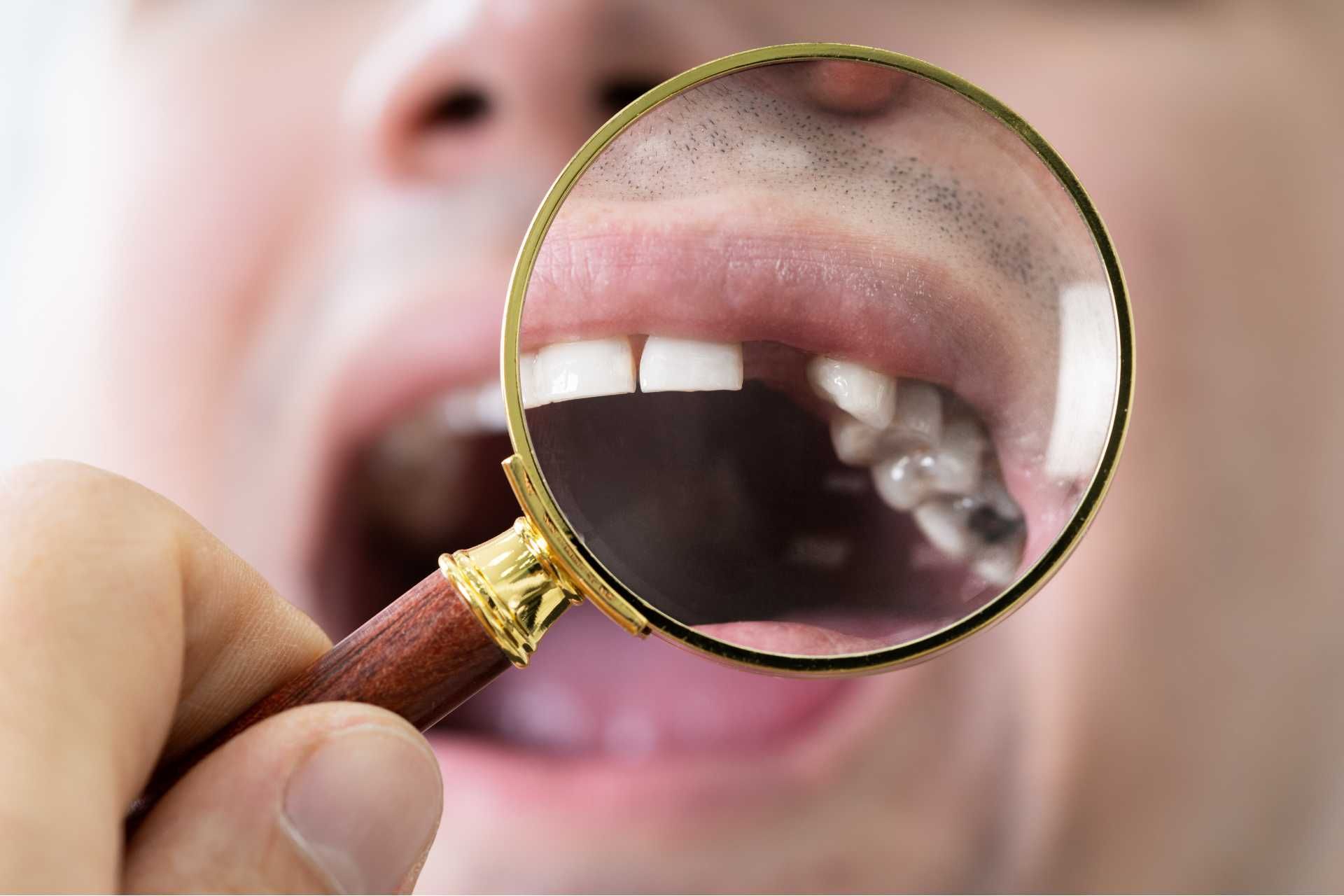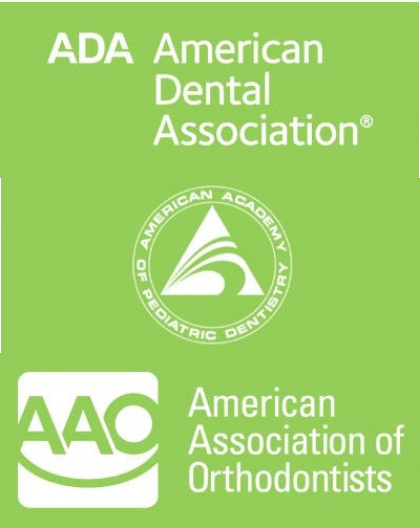Common Dental Problems and Treatment
Our oral health is incredibly important, yet often overlooked. Taking care of your teeth and gums is an essential part of maintaining overall health and well-being. However, many people often neglect their oral health, leading to a variety of dental problems that can cause discomfort, pain, and even serious health issues. In this blog post, we will discuss some common dental problems and treatment.
Tooth decay
Tooth decay is a common dental issue that can affect people of all ages. It occurs when bacteria in the mouth produce acid that wears away the enamel of the teeth, leading to cavities. If left untreated, tooth decay can result in pain, infection, and even tooth loss. However, with proper care and treatment, it is possible to prevent and effectively address tooth decay.
There are several treatment options available for tooth decay, depending on the severity of the condition. Here are some common treatments used by dentists to address tooth decay:
- Fillings: In cases where the decay has progressed to the point of creating a cavity, fillings are often used to repair the damage. The decayed portion of the tooth is removed, and a filling material (such as composite resin or amalgam) is placed to restore the tooth's structure and function.
- Crowns: If the decay has caused significant damage to the tooth, a dental crown may be necessary. A crown is a custom-made cap that covers the entire visible portion of the tooth, restoring its shape and strength.
- Root canal therapy: In cases where the decay has reached the innermost portion of the tooth (the pulp), a root canal may be necessary. During this procedure, the infected pulp is removed, and the tooth is cleaned and sealed to prevent further infection.
- Extraction: In cases where the decay is extensive and has caused irreparable damage to the tooth, extraction may be necessary. This involves removing the tooth to prevent the spread of infection to surrounding teeth and tissues.
- Preventive measures: Of course, the best way to treat tooth decay is to prevent it from occurring in the first place. Practicing good oral hygiene, such as brushing and flossing regularly, as well as visiting the dentist for routine check-ups and cleanings, can help prevent decay and other dental issues.
Gum disease
Gum disease is a common oral health issue that affects millions of people worldwide. It is caused by the build-up of plaque – a sticky film of bacteria – on the teeth and gums. If left untreated, gum disease can lead to more serious health problems, such as tooth loss and even heart disease.
The good news is that gum disease is preventable and treatable. Here are some common signs and symptoms of gum disease:
- Professional dental cleaning: Regular dental cleanings can remove built-up plaque and tartar that contribute to gum disease.
- Scaling and root planing: This deep cleaning procedure involves removing plaque and tartar from below the gum line and smoothing out the root surfaces to prevent bacteria from accumulating.
- Antibiotics: In some cases, antibiotics may be prescribed to help control bacterial infections that contribute to gum disease.
- Laser therapy: Laser treatments can be used to remove inflamed tissue and destroy bacteria in the pockets around the teeth.
- Gum surgery: In more severe cases of gum disease, surgery may be necessary to reduce pocket depths and restore gum health.
- Bone grafting: If gum disease has resulted in bone loss, a bone graft may be necessary to restore the bone structure supporting the teeth.
Tooth sensitivity
Tooth sensitivity occurs when the enamel on your teeth becomes worn down or when your gums recede, exposing the sensitive inner layers of your teeth. This can be caused by a variety of factors, including brushing too hard, grinding your teeth, consuming acidic foods and drinks, or using whitening products. It can also be a sign of more serious dental problems, such as cavities or gum disease.
Here are some common treatments for tooth sensitivity:
- Desensitizing toothpaste: Use a toothpaste specifically designed for sensitive teeth, which contains ingredients like potassium nitrate or stannous fluoride to help reduce sensitivity.
- Fluoride treatments: Your dentist may recommend applying fluoride to your teeth to help strengthen tooth enamel and reduce sensitivity.
- Dental sealants: If your tooth sensitivity is caused by exposed dentin, your dentist may apply a dental sealant to cover and protect the sensitive areas.
- Surgical gum graft: In cases where receding gums are causing tooth sensitivity, a surgical gum graft may be recommended to cover the exposed roots and reduce sensitivity.
- Desensitizing agents: Your dentist may apply desensitizing agents like varnishes or gels to help reduce tooth sensitivity.
- Avoid acidic foods and drinks: Limiting your consumption of acidic foods and drinks can help prevent further erosion of tooth enamel and reduce sensitivity.
- Mouthguards: If tooth sensitivity is caused by teeth grinding or clenching, wearing a custom-made mouthguard at night can help protect your teeth from further damage.
- In-office treatments: In some cases, your dentist may recommend in-office treatments like dental bonding or a root canal to address severe tooth sensitivity.
Toothache
Toothache can be a very uncomfortable and painful experience, and it is important to address it promptly. There are several potential causes of toothache, including tooth decay, gum disease, infection, injury, or even referred pain from another area of the body.
Here are some potential treatments for a toothache:
- Over-the-counter pain medication: Taking over-the-counter pain medication such as ibuprofen or acetaminophen can help to reduce pain and inflammation associated with a toothache.
- Saltwater rinse: Rinsing your mouth with warm saltwater can help to reduce inflammation and kill bacteria, providing temporary relief from a toothache.
- Cold compress: Applying a cold compress to the outside of your cheek can help to numb the area and reduce pain and swelling.
- Clove oil: Clove oil has natural numbing properties and can help to reduce toothache pain. You can apply a small amount of clove oil directly to the affected tooth or gums.
- Avoid certain foods and drinks: Avoiding hot, cold, or sugary foods and drinks can help to reduce sensitivity and pain in the affected tooth.
- Dental treatment: If the toothache is caused by a cavity, infection, or other dental issue, it is important to see a dentist for proper treatment. Depending on the cause of the toothache, treatment may include a filling, root canal therapy, extraction, or other interventions.
Bad breath
Bad breath, also known as halitosis, can be an embarrassing and frustrating issue to deal with. It can affect your self-confidence and make social interactions uncomfortable. Fortunately, there are several treatments available to help combat bad breath and improve your oral health.
Here are some potential treatments for bad breath:
- Brush and floss regularly: Good oral hygiene is key to preventing bad breath. Brush your teeth at least twice a day and floss once a day to remove food particles and bacteria that can cause bad breath.
- Use a tongue scraper: Bacteria can build up on your tongue and contribute to bad breath. Use a tongue scraper to gently remove bacteria and debris from your tongue.
- Stay hydrated: Drink plenty of water throughout the day to keep your mouth moist and prevent dry mouth, which can lead to bad breath.
- Avoid certain foods and drinks: Foods like garlic, onions, and spicy foods can contribute to bad breath. Avoiding these foods can help reduce bad breath.
- Use mouthwash: Rinse with an antibacterial mouthwash to kill bacteria and freshen your breath.
- Chew sugar-free gum: Chewing sugar-free gum can help stimulate saliva production and keep your mouth moist, reducing bad breath.
- Visit your dentist regularly: Regular dental cleanings and check-ups can help prevent bad breath by removing plaque and tartar buildup.
- Quit smoking: Smoking can contribute to bad breath, so quitting can help improve your breath.
- Consider using a breath freshener: Breath fresheners like breath sprays or mints can provide temporary relief from bad breath.
- Address underlying medical conditions: If your bad breath persists despite trying these treatments, it may be a sign of an underlying medical condition like gum disease or dry mouth. See a dentist or doctor for further evaluation and treatment.
Tooth erosion
Tooth erosion is a common dental issue that occurs when the enamel on the surface of the teeth starts to wear away. This can happen for a variety of reasons, including a poor diet high in acidic foods and drinks, acid reflux disease, dry mouth, and even brushing too aggressively. When the enamel erodes, it can lead to a multitude of problems, including tooth sensitivity, discoloration, and even tooth decay.
Fortunately, there are several treatments available to help combat tooth erosion and prevent further damage to your teeth. Here are some of the most common treatment options:
- Fluoride treatments: Fluoride is a mineral that helps strengthen the enamel on the teeth and can help repair early stages of tooth erosion. Your dentist may recommend fluoride treatments, either applied in the office or through special mouthwashes or toothpaste, to help protect your teeth from further erosion.
- Dental bonding: In cases where the erosion has caused cosmetic issues or sensitivity, dental bonding may be recommended. This involves using a tooth-colored resin to fill in any gaps or cracks in the teeth, helping to restore their appearance and protect them from further damage.
- Crowns or veneers: In more severe cases of tooth erosion, crowns or veneers may be necessary to cover and protect the affected teeth. Crowns are custom-made caps that cover the entire tooth, while veneers are thin shells that are bonded to the front of the teeth to improve their appearance.
- Changes in diet and oral hygiene habits: One of the most important aspects of treating and preventing tooth erosion is making changes to your diet and oral hygiene habits. Avoiding acidic foods and drinks, such as citrus fruits and sodas, can help prevent further erosion. Additionally, practicing good oral hygiene, including brushing and flossing regularly, can help protect your enamel and keep your teeth healthy.
Tooth discoloration
Tooth discoloration is a common problem that can affect individuals of all ages. Whether it is caused by genetics, lifestyle habits, or certain medications, having discolored teeth can affect a person's confidence and self-esteem. Luckily, there are various treatments available to help whiten and brighten your smile.
Some common treatments include:
- Professional teeth whitening: This is one of the most popular and effective treatments for tooth discoloration. It involves applying a bleaching agent to the teeth to lighten and remove stains. Professional whitening treatments are typically done in a dental office and can provide quick and noticeable results.
- Dental bonding: Dental bonding is a cosmetic procedure in which a tooth-colored resin material is applied to the surface of the teeth to cover stains and discoloration. This can be a good option for minor discoloration or for teeth that have chips or cracks.
- Veneers: Veneers are thin shells made of porcelain or composite resin that are bonded to the front surfaces of the teeth to improve their appearance. Veneers can be used to cover up discoloration, as well as gaps, chips, and other imperfections.
- Crowns: Crowns are custom-made caps that are placed over a tooth to restore its shape, size, and appearance. Crowns can be made from porcelain, ceramic, metal, or a combination of materials and can be used to cover discolored or damaged teeth.
- Internal bleaching: This is a procedure that is used to treat discoloration that is coming from within the tooth, such as from a dead or damaged nerve. During internal bleaching, a bleaching agent is placed inside the tooth to lighten the discoloration.
- Lifestyle changes: In some cases, lifestyle changes such as avoiding foods and drinks that stain the teeth (such as coffee, tea, and red wine) and practicing good oral hygiene can help prevent and reduce tooth discoloration.
Crooked teeth
Having crooked teeth can affect not only the appearance of your smile but also your overall oral health. Misaligned teeth can lead to a variety of issues such as difficulty chewing, increased risk of tooth decay and gum disease, and even jaw pain. Fortunately, there are several treatments available to straighten crooked teeth and improve your smile.
Here are some common treatments:
- Braces: Traditional braces are still a widely used and effective treatment for correcting crooked teeth. They work by applying continuous pressure to the teeth, gradually moving them into the desired position.
- Invisalign: Invisalign is a more discreet alternative to traditional braces. It consists of a series of clear, removable aligners that are custom-made to gradually move the teeth into the correct position.
- Retainers: Retainers are often used after braces or Invisalign treatment to help maintain the new position of the teeth. They can also be used on their own for mild cases of crooked teeth.
- Dental bonding: Dental bonding involves applying a tooth-colored resin material to the teeth to reshape or fill in gaps between teeth. It can also be used to correct minor alignment issues.
- Veneers: Veneers are thin shells of porcelain or composite resin that are bonded to the front of the teeth to improve their appearance. They can be used to correct the appearance of crooked teeth by creating the illusion of straighter teeth.
- Tooth extraction: In severe cases of overcrowding or misalignment, tooth extraction may be necessary to create more space for the remaining teeth to align properly.
- Surgery: In some cases, orthognathic surgery may be recommended to correct severe misalignment or jaw issues that are causing crooked teeth.
Cavities
Cavities are a common dental problem that many people experience at some point in their lives. They are small holes or openings in the teeth caused by bacteria that break down the enamel, the hard outer layer of the tooth. If left untreated, cavities can lead to more serious issues such as infections or even tooth loss. However, there are several treatments available to help repair cavities and restore the health of your teeth.
The first step in treating cavities is to visit your dentist for a check-up and diagnosis. Your dentist will examine your teeth and may take X-rays to determine the extent of the cavity and the best course of treatment. Depending on the size and location of the cavity, there are several treatment options available, including:
- Fillings: This is the most common treatment for cavities. Your dentist will remove the decayed portion of the tooth and fill the hole with a material such as amalgam, composite resin, or gold. Fillings can help restore the shape and function of the tooth, as well as prevent further decay.
- Crowns: If the cavity is large or the tooth is weak, your dentist may recommend a crown. A crown is a custom-made cap that covers the entire tooth and provides added protection and strength. Crowns are usually made of porcelain, metal, or a combination of both.
- Root Canal: In some cases, cavities can reach the inner pulp of the tooth, causing infection and pain. If this happens, your dentist may recommend a root canal. During a root canal procedure, the infected pulp is removed and the tooth is cleaned and sealed to prevent further infection.
- Fluoride treatments: For early-stage cavities, your dentist may recommend fluoride treatments to help remineralize the enamel and reverse the decay process. Fluoride treatments are often used in combination with good oral hygiene practices such as brushing and flossing regularly.
Oral thrush
Oral thrush, also known as oral candidiasis, is a common fungal infection that affects the mouth and throat. It is caused by an overgrowth of the fungus Candida albicans, which is normally present in the mouth in small amounts. However, certain factors can lead to an imbalance in the mouth’s natural flora, resulting in an overgrowth of the fungus and the development of oral thrush.
The symptoms of oral thrush can vary, but they typically include white, creamy lesions on the tongue, inner cheeks, roof of the mouth, and back of the throat. These lesions may also be accompanied by redness, soreness, and a burning sensation in the mouth. In severe cases, oral thrush can cause difficulty swallowing and speaking, as well as a loss of taste.
Here are some potential treatments to consider:
- Antifungal medication: The most common treatment for oral thrush is antifungal medication, such as clotrimazole or nystatin. These medications help to kill the fungus that is causing the infection.
- Oral rinses: Antifungal oral rinses can also be used to treat oral thrush. These rinses are typically used several times a day and can help to reduce the symptoms of the infection.
- Good oral hygiene: Practicing good oral hygiene is important in treating oral thrush. This includes brushing and flossing your teeth regularly, as well as using an antifungal mouthwash.
- Probiotics: Some studies have shown that probiotics can help to prevent and treat oral thrush. Probiotics are live bacteria and yeasts that are good for your health and can help to restore the natural balance of bacteria in your mouth.
- Home remedies: Some home remedies that may help to treat oral thrush include rinsing your mouth with salt water, drinking diluted apple cider vinegar, or applying coconut oil to the affected area.
- Avoiding irritants: It's important to avoid irritants that can worsen oral thrush, such as smoking, alcohol, and spicy foods.
- Medical evaluation: If your oral thrush does not improve with at-home treatments, it's important to see a doctor for further evaluation and treatment. In some cases, oral thrush may be a symptom of an underlying medical condition that needs to be addressed.
Dry mouth
Dry mouth, also known as xerostomia, is a common condition that can be uncomfortable and frustrating to deal with. It occurs when the salivary glands in the mouth do not produce enough saliva to keep the mouth moist. Saliva is important for maintaining oral health as it helps to break down food, neutralize acids, and prevent tooth decay. When saliva production is reduced, it can lead to a range of issues such as bad breath, difficulty swallowing, and an increased risk of dental problems.
There are a variety of causes of dry mouth, including medications, certain medical conditions,
dehydration, and lifestyle factors such as smoking or breathing through the mouth. If you are experiencing chronic dry mouth, it is important to speak with your dentist or healthcare provider to determine the underlying cause and discuss treatment options.
Fortunately, there are several treatments available to help manage dry mouth and improve your oral health.
Here are some potential treatments and home remedies for dry mouth:
- Stay hydrated: Make sure to drink plenty of water throughout the day to keep your mouth moist.
- Sugar-free gum or candies: Chewing sugar-free gum or sucking on sugar-free candies can help stimulate saliva production.
- Use a humidifier: Adding moisture to the air with a humidifier can help alleviate dry mouth symptoms, especially while sleeping.
- Avoid alcohol, caffeine, and tobacco: These substances can exacerbate dry mouth symptoms, so it's best to avoid or limit them.
- Over-the-counter mouth rinses: There are various mouth rinses available that can help moisturize the mouth and provide relief from dry mouth symptoms.
- Prescription medications: In some cases, your doctor may prescribe medications to help stimulate saliva production.
- Saliva substitutes: There are also products available over-the-counter that can mimic the properties of saliva and provide relief from dry mouth.
Get Dental Problems Treated
Pennington Orthodontics & Pediatric Dentistry is here to help you with all of your dental problems. Whether you need orthodontic treatment to straighten your teeth or pediatric dentistry services for your children, our team of experienced professionals is ready to provide you with the highest quality care.
We offer a wide range of services, including braces, Invisalign, and other orthodontic treatments to help you achieve a beautiful and healthy smile. Our pediatric dentistry services focus on preventive care and education to ensure your child maintains good oral health habits for a lifetime.
Don't let dental problems go untreated –
schedule an appointment with Pennington Orthodontics & Pediatric Dentistry today. Our friendly and knowledgeable staff will work with you to create a personalized treatment plan that fits your needs and budget. Let us help you achieve a happy and healthy smile!
